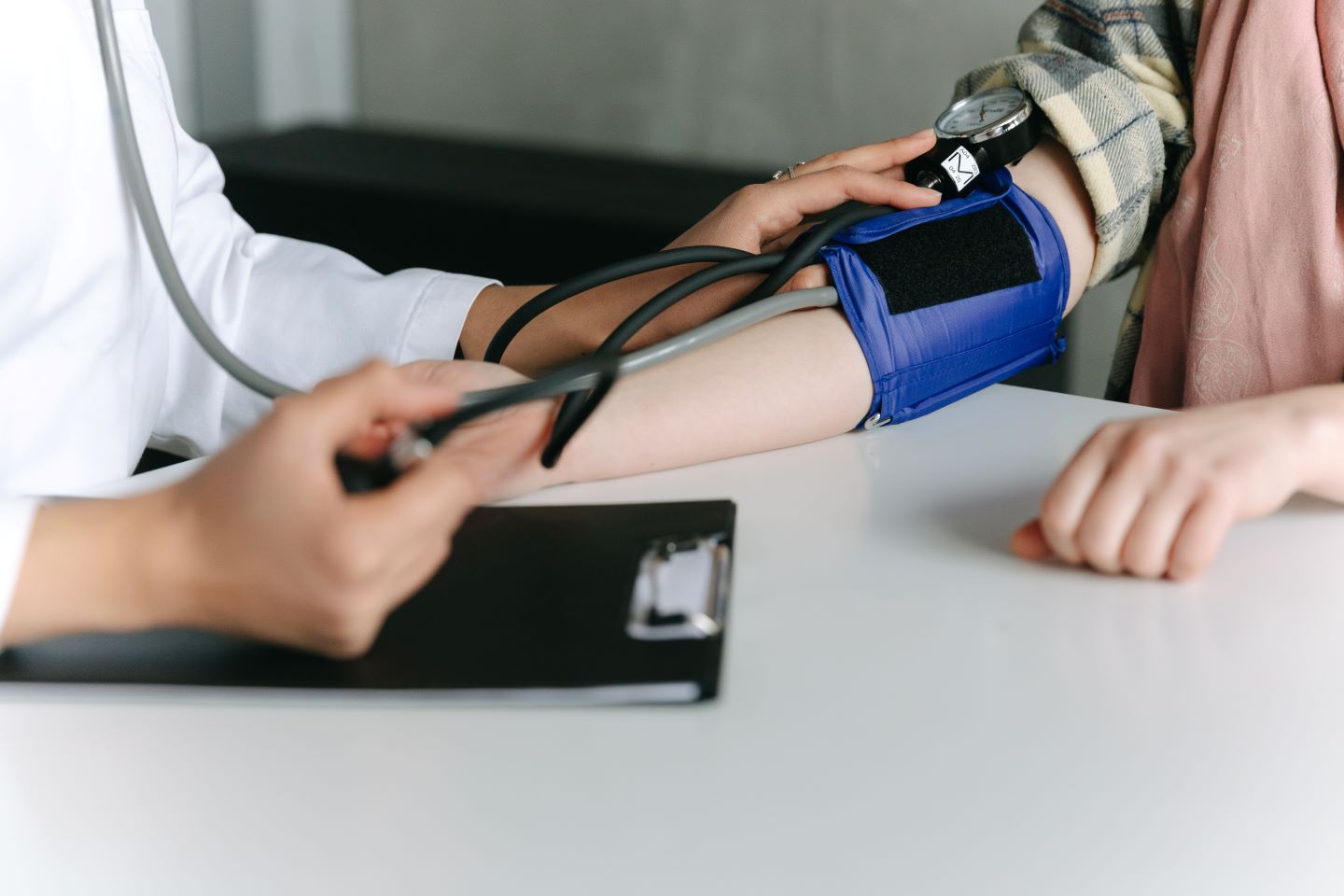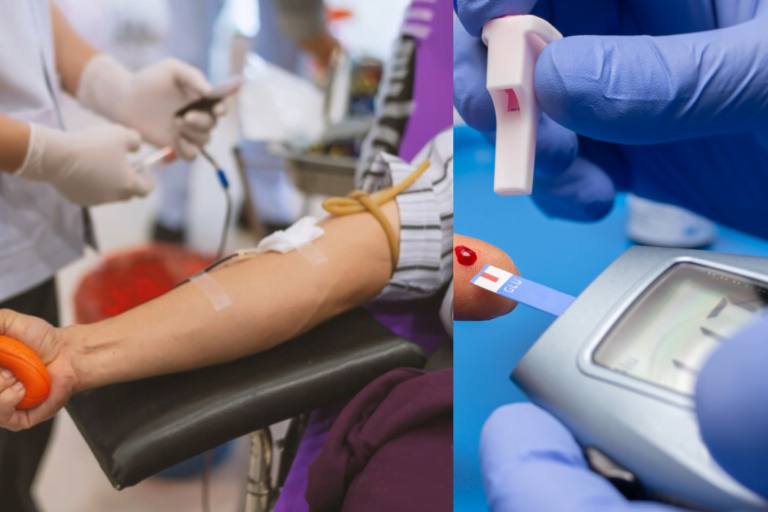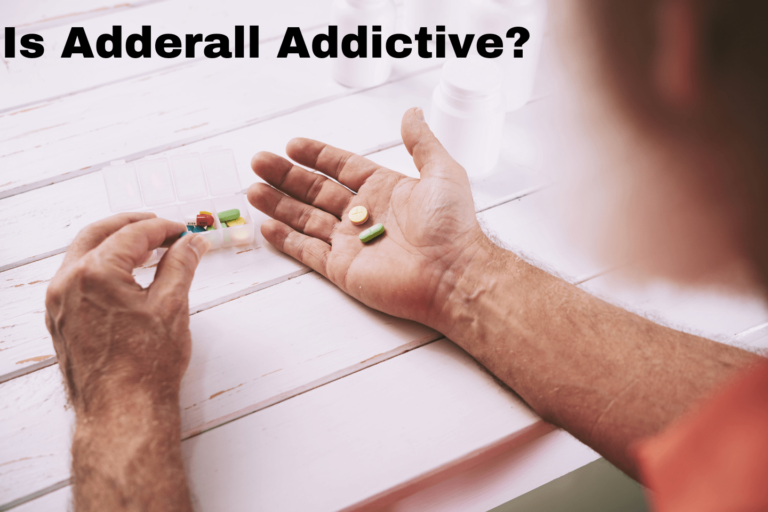8 Signs of Hypertension You Should Never Ignore

Hypertension, or high blood pressure, is one of the most common health conditions suffered by millions of people. It can cause serious health complications such as heart attack, stroke, kidney failure, and even death. While many cases of hypertension are treatable with medications and lifestyle changes, it’s essential to be aware of the signs and symptoms of hypertension so you can take action before it’s too late.
Here are eight signs of hypertension you should never ignore:
High Blood Pressure Reading
The most common sign of hypertension is a high blood pressure reading. Your doctor will measure your blood pressure during an exam to determine if you have hypertension. A regular reading should be less than 120/80 mmHg, while a reading higher than 140/90 mmHg indicates that you have hypertension.
If your doctor finds your readings consistently high, they may recommend lifestyle changes or medications like Lisinopril. Medicines can be pretty expensive, so if you want to save money, some Lisinopril Deals and coupons are available.
Headaches
Frequent headaches are another symptom of hypertension that is prevalent. Hypertension can cause the blood vessels in your head to close, resulting in tension headaches, which can be extremely severe and linger for days. Usually felt on both sides of the head, tension headaches might worsen when you move or change positions.
In addition, if ignored, tension headaches can worsen into migraines or other more severe illnesses. If the pain lasts more than a few days, for more than a few days, it is essential to treat these headaches seriously and seek medical attention.
Chest Pain
Another indicator of hypertension that should never be disregarded is chest discomfort. Atherosclerosis, often known as narrowing and hardening of the arteries, is a disorder that can be brought on by high blood pressure. Angina, or chest discomfort, can result from this. It often lasts a few minutes or longer in the middle of your chest.
If you feel chest pain, it’s imperative that you get medical attention. Your doctor can identify the underlying cause of your symptoms and administer the appropriate care.
Nausea or Vomiting
Nausea and vomiting are also common signs of hypertension. Hypertension can cause your blood vessels to become narrowed, making it difficult for the body to circulate oxygen and nutrients throughout your system. This can cause nausea or vomiting as the body struggles to maintain balance.
This condition can lead to more severe health complications like stroke and heart attack if left untreated. An early diagnosis and treatment of hypertension can prevent these severe conditions.
Blurry Vision
Another indicator of hypertension that should never be disregarded is blurry vision. A hazy or distorted vision might result from hypertension weakening and damaging the blood vessels in your eyes. If neglected, blurry vision can develop into more severe eye problems, including macular degeneration or glaucoma.
If you notice any changes in your vision, it’s essential to have your eyes checked since early detection and treatment can help avoid more serious eye disorders.
Shortness of Breath
Shortness of breath is another symptom of hypertension that should be taken seriously. High blood pressure can cause the walls of your arteries to become thick and rigid, making it harder for your heart to pump blood throughout your body. This can leave you feeling out of breath even after minimal physical activity.
It’s essential to listen to your body and take any changes in breathing seriously. If you experience shortness of breath, be sure to consult with your doctor so they can diagnose the cause of your symptoms and provide you with the best course of treatment.
Fatigue and Weakness
High blood pressure can make it difficult for your body to circulate oxygen and nutrients throughout your system, leaving you tired and weak. Hypertension can also lead to decreased energy levels, making it difficult to perform everyday tasks.
Additionally, lifestyle changes like exercising regularly and eating a healthy diet can help naturally lower high blood pressure. Regular physical activity helps strengthen the heart and improves circulation, while a healthy diet low in salt can help lower your blood pressure.
Palpitations or Rapid Heartbeat
Another sign of hypertension is palpitations or a rapid heartbeat. Your heart may beat erratically due to hypertension, giving you the impression that it is racing or missing beats.
This might be a sign of a hidden heart condition, but it should not be disregarded. If left untreated, hypertension can result in more serious medical conditions, including a heart attack or stroke.
Final Thought
If addressed, hypertension is a silent killer that can lead to significant health and wellness issues. Don’t overlook any hypertension symptoms or indicators; pay attention to your body. To cure this problem and stop future harm, early discovery and diagnosis are essential. Consult your doctor if you think you might have high blood pressure for a precise diagnosis and the best course of action.





